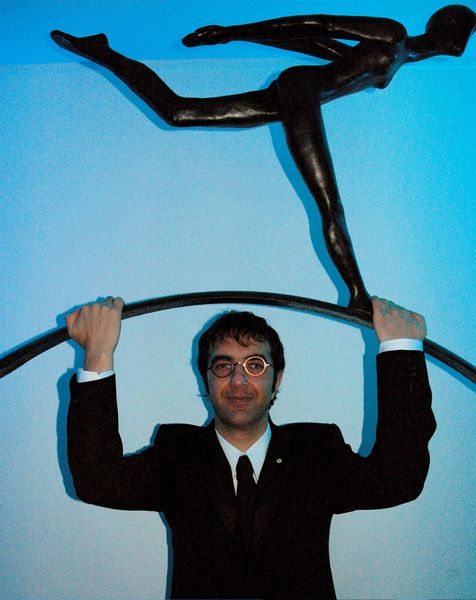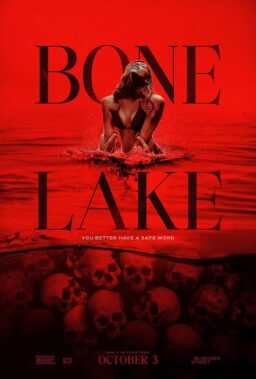CANNES, France — Because the party was being given for Atom Egoyan and because he has made a terrific new film and is a nice guy, I went to it. People have been known to shed blood to attend the parties every night in the beachfront restaurants, but I would pay good money to get out of most of them. The parties are always the same: Too many people, too much smoke, not enough food, music to rupture your eardrums and weird lights in your eyes. The caterers here must have trained on “The Manchurian Candidate.” I’ve never been able to understand why hosts allow music so loud they have to go out on the beach and talk to their guests on cell phones.
Egoyan, however, was in a rare mood, because his movie “Where the Truth Lies” is one of the big successes of the first weekend at Cannes, which is off to its best start in years. His film stars Kevin Bacon and Colin Firth as a show biz team in the 1950s who will remind all sentient viewers of Martin and Lewis, although everyone connected with the film swears they were the last two people on their minds. When the naked body of a dead blonde is found in the bathtub of a casino suite in Atlantic City, a scandal is created that echoes through the years, until in the 1970s a young blonde investigative journalist (Alison Lohman) tries to solve the mystery. Although the movie has a magnificently convoluted noir plot, its strongest quality is the nature of the film’s human relationships; I was blindsided by a crime movie where the journalist’s reason for not revealing the solution is inspired by kindness.
Bacon is on a roll now, after “Mystic River,” “The Woodsman” and now “Where the Truth Lies.” Along the way, something intriguing has happened to his face, which used to be clean-cut and without complications, and has deepened into character and mystery; everyone eventually grows into the correct age for their face, and Bacon is, right now, able to do more with a closeup than some actors can accomplish with a soliloquy.
Egoyan is the Canadian director of films that deal powerfully with eroticism, not as a subject but more as a problem. His credits include “Exotica” (1994) and “The Sweet Hereafter” (1997), for which he won Oscar nominations for writing and directing.
Egoyan introduced me to his father and said that his father does not like this film but his mother does. The last time he had a film at Cannes, “Ararat,” about the Turkish massacre of Armenians, he invited his mother to attend. She didn’t like it, but his father did. “My father is more political about Armenia, my mother is more assimilationist,” he said. Yes, but the fact that he has two parents who tell their son what they really think about his films may help explain why he makes such good ones.
“Dad immigrated from Armenia to Canada, studied for three years at the Art Institute of Chicago and became an abstract expressionist painter,” Egoyan told me, “but then he had a show in Paris that didn’t sell, and so he went into the furniture business.” Someone says one sentence to you, and it’s a short story.












